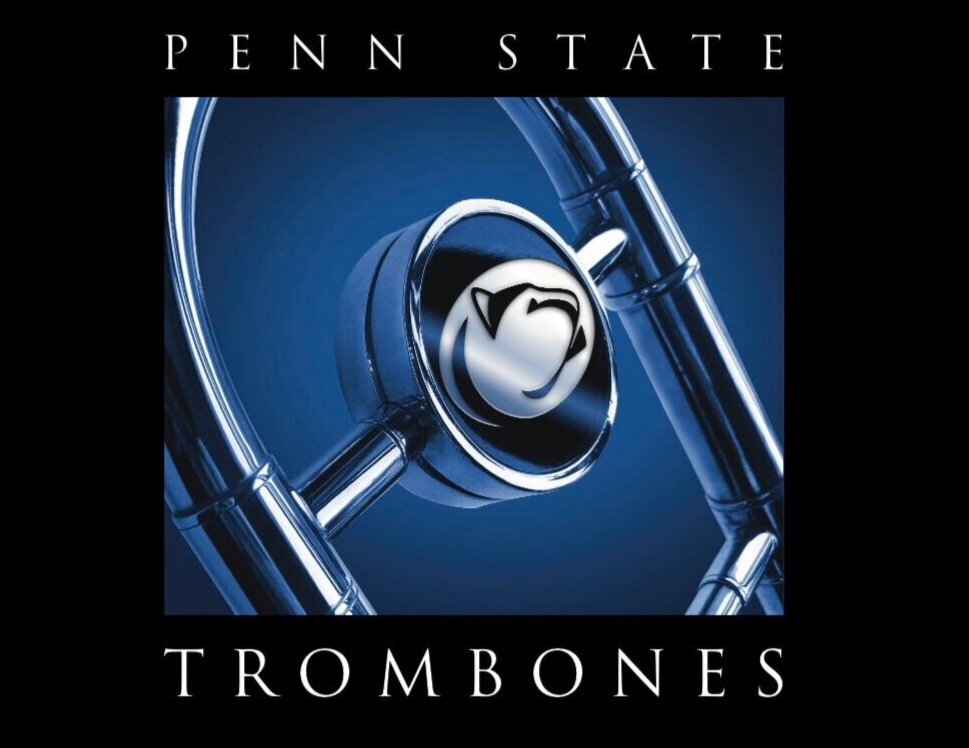GRADING POLICY
There are eight levels available in the primary and performance courses, each representing a successively higher level of performance on the trombone. Satisfactory completion of each level is required as a prerequisite for the enrollment in the next higher level. Satisfactory completion is determined by an overall grade for the course of "C" or better. This grade will be calculated by specific consideration of the following four areas of applied study:
1) The Practice/Lesson Journal and Lesson Admission Ticket
The student will be required to keep a journal of materials relating to the daily practice and weekly lessons of each semester of study. This journal will be reviewed at each lesson. Professor Lusk will make suggestions for improvement in practice technique and lesson preparation.
Beginning in Fall 2020, Professor Lusk requires a written a Lesson Admission Ticket. This is a document submitted no later than one hour prior to a scheduled lesson via email which discusses the students perceptions regarding three questions:
1) What was covered in the last lesson?
2) How did your practice and performance progress since we met last?
3) What are the most important issues you want to address in today’s lesson?
The Practice/Lesson Journal and the Lesson Admission Tickets in its final form will be stored and submitted to Professor Lusk via Box at the jury examination.
(Please refer to the "Practice Evaluation Form" included in
The Appendix.)
2) The Lesson/Performance Evaluations
At specific points during the course of study, the student will be asked to perform the assigned lesson material. This "recital, concert, audition-like performance" may be recorded by audio and/or video.
The recordings will then be discussed and evaluated by the student in conjunction with Professor Lusk. Professor Lusk will complete a "lesson performance evaluation" that will be given to the student, who will then include the evaluation in the final form of the Practice/Lesson Journal.
(Please refer to the "Lesson/Performance Evaluation Form" included in The Appendix.)
3) Semester Proficiency Evaluations
Each student will be required to complete an individually designed proficiency evaluation by the twelfth week of the semester. These evaluations will include specific scale/arpeggio requirements along with various technical and flexibility exercises. Along with basic scale/arpeggio requirements, the 100 and 200 level proficiency evaluations will feature exercises from The Complete Warm-Up Routine by Professor Lusk included in the appendix, along with the various 10/15/20-Minute Warm-ups by Michael Davis. There will be a scheduled opportunity to practice the proficiency exam before the sixth week of the semester. This will allow for an assessment of the student’s preparation and provide ample time to prepare.
(Please refer to the "Complete Warm-Up Routine" included in The Appendix.)
4) Jury Examination
Because performance ability is an essential part of the School of Music degree programs, the student is required to demonstrate performance ability before a faculty jury at the end of each semester of applied instruction. The purpose of this examination is to assess the student's progress and to serve as the prerequisite for advancing to the next level of applied instruction. The selection will be made by Professor Lusk. Student input in the selection is welcomed, but not required. The student will perform the work on a scheduled performance within the last two weeks of classes. The faculty will make comments and assign a suggested grade. Professor Lusk will decide on a consensus grade for the jury performance. The faculty's comments will be copied and kept in the students permanent file, and will also be included in the final form of the practice/lesson journal along with a recording of the jury performance.
Failure to pass any one of these areas will result in an unsatisfactory overall grade for the course.
In general, grading is a subjective decision made by Professor Lusk, but whenever possible the following criteria will be used to assess a student's performance.
Preparation of Materials
It is not the amount of material prepared, but rather it is the quality of the preparation.
Comprehension
The student must display the ability to comprehend and incorporate what is being taught into his or her own playing. Often, the teacher will demonstrate and/or lecture on a specific problem or issue. It is the task of the student to apply that information into his or her playing and musicianship.
Growth
The student, successfully implementing the desired goals of playing, will demonstrate growth and become a better player and musician.
INSTRUMENT/ EQUIPMENT POLICY
The student is required to own an instrument appropriate to the course of study. A tenor trombonist will study on a large bore tenor trombone with an "F" attachment. In most cases, it will be highly recommended of the tenor trombonists to own a small bore tenor trombone without an "F" attachment for use in the jazz and contemporary idioms. A bass trombonist will study on an independent double valve bass trombone. It is the student's responsibility to maintain these instruments at the highest possible level. The student's instrument will be checked periodically as part of the "Lesson/Performance Evaluations".
The student is also required to own appropriate recording equipment, and quality appropriate play-along/listening device. As technology is further incorporated into the Course of Study, the quality and dependability of these devices will become as critical as the instrument the student owns. Though not required, it is strongly encouraged that student record their lessons, practice sessions, and rehearsals with such devices.
Each student will own a metal straight mute, a metal cup mute, and a plunger. Other suggested mutes are the practice mute, the bucket mute, and the Harmon mute.
It is the student's responsibility to own a personal copy of all the required music and related materials asked for in the student's semester syllabus. Failure to do this will also be reflected in the "Lesson/Performance Evaluations".
LESSON ATTENDANCE POLICY
Lessons canceled by faculty will be rescheduled within a seven day period following the absence. If a student gives prior notice of at least twenty-four hours that he or she cannot come to a lesson and if the absence is excused, every attempt will be made to make up the lesson. If a student misses a lesson and does not notify Professor Lusk in advance, the lesson will not be made up. Students are expected to be on time and warmed up for lessons.
Lessons will be scheduled weekly based on the student’s individual schedules and Professor Lusk’s schedule. The individual lessons will be posted online via the psutrombonestudio@gmail.com Google Calendar posted and maintained by Professor Lusk. It will be attempted by Professor Lusk to keep lesson times as close to a conistent times, as possilbe.
If a student cannot come to a lesson then they must call or leave a text message for Professor Lusk at (814) 574-2155. Substantial unexcused absences may result in a drop of a full letter grade per absence. Lessons will only be excused in the case of a previously notified school absence, a doctor-verified illness, a death in the immediate family or extraordinary circumstances as determined by Professor Lusk.
SCHOOL OF MUSIC ENSEMBLE POLICY
All BM/BME and BA students are required to register for at least one ensemble each semester they are in residence at University Park. They must also complete the minimum major ensemble credits specified by their programs. The Faculty cannot emphasize too strongly the need for students to work with advisers regarding ensemble selection. Issues such as a diversity of experience, degree requirements and schedule commitments must be addressed to help ensure a satisfactory GPA and a timely graduation.
RECITALS/ CONCERTS/ COMMON HOUR POLICY
Developing a familiarity with a broad repertory of music and acquiring skills in critical listening are important aspects in the training of a musician. Therefore, students are expected to take advantage of every opportunity to attend performances of music, both on and off campus. More than 250 performances are scheduled each year on the University Park Campus. These include Center for the Performing Arts programs, Bryce Jordan Center concerts, faculty and student recitals, concerts by School of Music ensembles, and special School-of-Music-sponsored programs. In addition, there is a Common Hour each week. These programs include student and faculty performances as well as demonstrations and lectures by faculty and guests of the School of Music. Students are expected to attend Common Hour each week and a reasonable number of the many events sponsored by the School of Music each year.
THE PENN STATE UNIVERSITY
STATEMENT ON ACADEMIC INTEGRITY
"Academic integrity is the pursuit of scholarly activity in an open, honest and responsible manner. Academic integrity is a basic guiding principle for all academic activity at The Pennsylvania State University, and all members of the University community are expected to act in accordance with this principle. Consistent with this expectation, the University's Code of Conduct states that all students should act with personal integrity, respect other students' dignity, rights and property, and help create and maintain an environment in which all can succeed through the fruits of their efforts.
Academic integrity includes a commitment by all members of the University community not to engage in or tolerate acts of falsification, misrepresentation or deception. Such acts of dishonesty violate the fundamental ethical principles of the University community and compromise the worth of work completed by others.”
—From Penn State's University Faculty Senate Policy 49-20
STATEMENT ON THE ENVIRONMENT OF THE TROMBONE STUDIO
The Penn State Trombone Studio is committed to an open, sensitive, understanding, and responsive campus environment. The single most important key to our success, both as individuals and collectively, is to create an environment in which everyone feels welcome and productive. To this end, we all must do our share to eliminate intolerance and harassment within what should be an enlightened community. Each one of us has a role in establishing a constructive and supportive environment, where we can interact and learn from one another. Students who choose to act irresponsibly will be dealt with swiftly and aggressively. Please remember, if you feel uncomfortable take action, do not ignore the problem. Know your rights, and be familiar with the policies and resources that are designed to serve and protect you.





